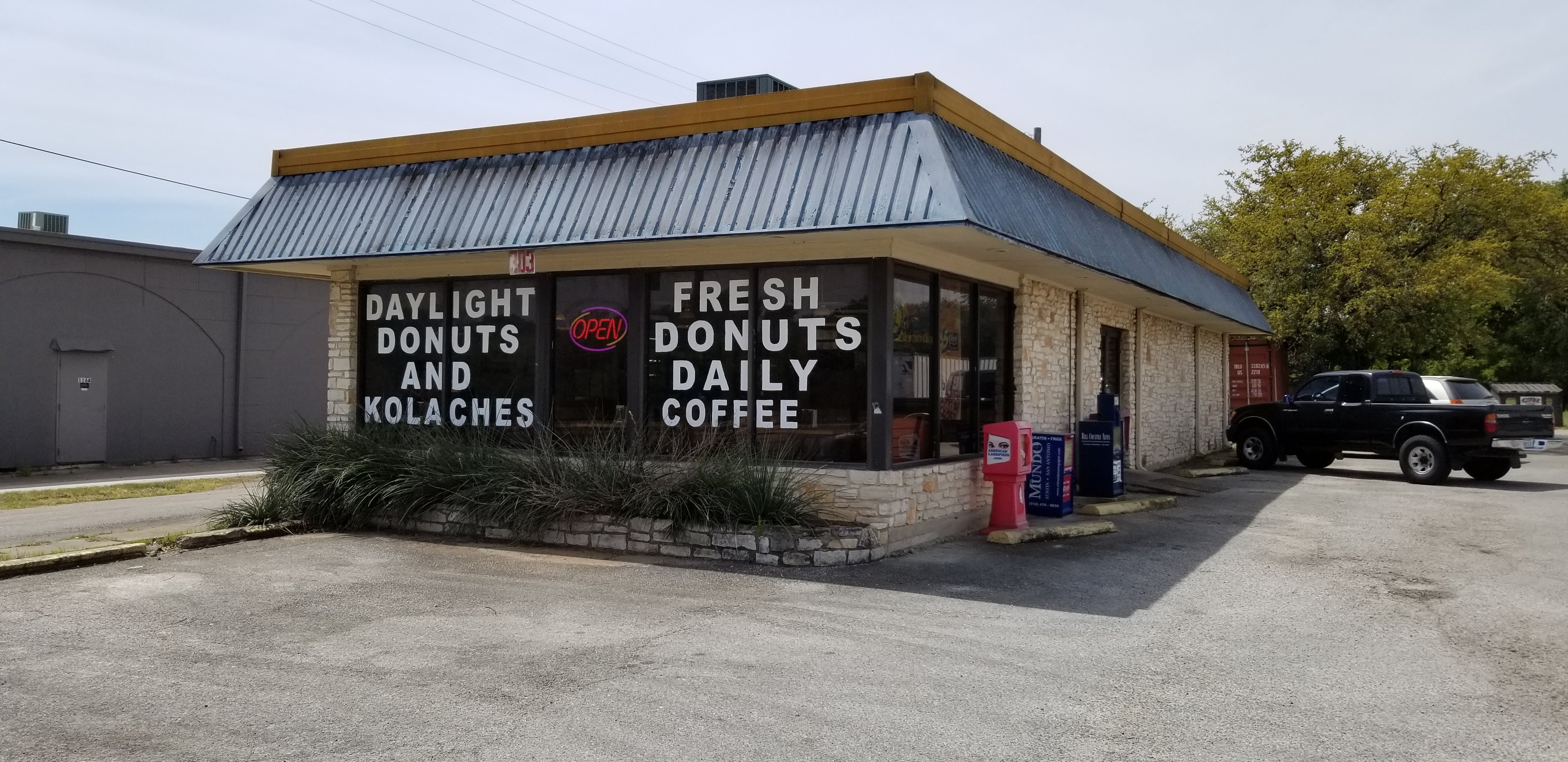Adapted from Self-Storage Industry Holds Its Own in Sluggish Economy | By Michael Bull | November 23, 2011
That was the view of my guests of this week’s “Commercial Real Estate Show,” which provided a detailed examination of the self-storage market.
Self-storage properties owned by larger real estate investment trusts (REITs) have experienced about an 8 percent increase in same-store net income when compared with last year,
noted Nancy Miller, vice president of Bull Realty’s National Retail Group, citing a study from Inside Self-Storage magazine. Those same REITshave reported increases in same-store revenue and in occupancy rates, she added.
Miller added that a recent national survey indicates that rental and occupancy have begun to dip as the year draws to a close, but Anne Ballard, owner of Universal Management Co., noted that the fourth quarter often is a slow period for the sector.
“As I see it, we’re coming out of this bottoming out that we all experienced in 2009 and 2010,” Ballard said.
Positive trends for self-storage operators include a lack of new construction, which cuts down on competition, said Steve Houghton of SecurLock Self Storage Centers.
Furthermore, “people are in transition, so they still need a place to store their stuff – whether they’re moving from school to home, or from the military to somewhere,” Miller said. “Also, as Baby Boomers start to age and downsize, they’re not going to want to throw their stuff out so quickly, so they’re likely going to be self-storage unit renters.”
Buy Sensibly
The show guests also agreed that this could be a good time to buy self-storage properties – provided that you put sufficient thought and research into potential acquisitions. “I do think it’s a good time to buy, but I do think it’s important to have a plan for how you’re going to see the property through,” Houghton said. “We’re buying with the idea that it could be a while before things really turn around and that we may not be at the bottom yet.”
Northeastern cities such as Boston, Washington and New York-as well as Midwestern markets like Chicago, Cleveland and Milwaukee-are areas in which investors may want to consider purchasing self-storage properties, Miller added. “Find out where there’s scarcity or demand,” she urged.
In Distress
Like all commercial real estate sectors, the self-storage industry is dealing with distressed assets, but Scott Zucker, a partner with the Weissman Zucker Euster Morochnik P.C. law firm, says lenders are “being a little more patient now in pulling the trigger on foreclosure arrangements with the borrowers.”
The guests recommended that owners of distressed self-storage assets be proactive with their lenders. “Be organized and get all of your data together and present it to the lender … ,” Houghton said. “Hire really good legal counsel. And don’t learn from your experience; use theirs. Find people who have been there and done that.”
Lenders in these situations should take time to visit the properties, really analyze the leases and develop an understanding of the surrounding competition, Zucker said. “It may be that if they open their eyes to the possibility of looking for joint-venture opportunities for the operator or some other money, they may not have to take back that property,” he noted.
Lenders should know the liquidation value and the potential future value of the property before making workout or foreclosure decisions.
Short sales can often be a good option for lenders and borrows if selling the asset is the ultimate solution and the borrower is taking care of the property. If the lender knows the property is being marketing well, receives updates on the marketing including copies of offers and counter offers, it can work very well for a lender.
In this situation the borrower does not have to deal with foreclosure and the lender does not have the cost of foreclosure and ownership. Proof of proper marketing is very important.
Positive Outlook
“There are a lot of successful operations throughout the country that are doing well … ,” Zucker said. “There’s distress out there, but everyone is going to be OK.”
It’s a strong sector; it’s performed well compared to other sectors throughout the years.
Other topics addressed in the show include how investors are valuing distressed properties, the availability of loans, challenges for operators, the ways in which the industry has changed over the years and – yes - the ways the television show “Storage Wars” has helped the industry.
To listen to the show, click this link.
Michael Bull, CCIM
Show Host, Commercial Real Estate Show
This email address is being protected from spambots. You need JavaScript enabled to view it.


